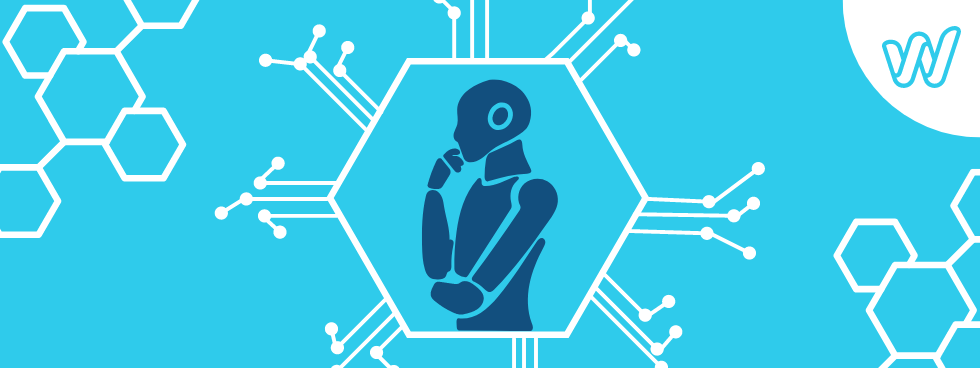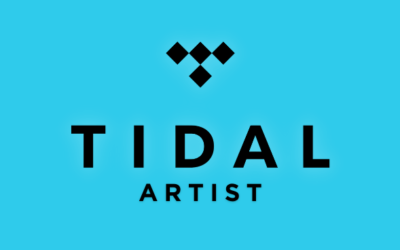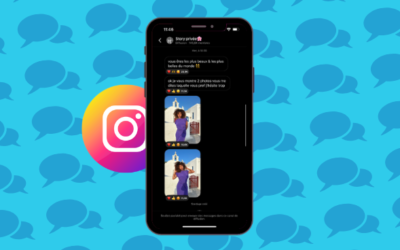Create Music with AI
First of all, artificial intelligence (AI) is a fast-growing field with the potential to transform many sectors, including music. From music education to creation and dissemination, AI offers exciting new opportunities for artists and music lovers alike. Here’s a look at different ways AI can be used in music.
Learning music with AI
AI can be a valuable tool for music education. Applications and software using AI can help beginners learn music theory, practice playing an instrument and develop their musical ear. These tools can provide interactive lessons, personalized exercises and real-time feedback to improve learners’ musical skills. For example, Chordify is an online music learning platform that enables musicians, whether beginners or advanced, to play their favorite songs in easy tuning. The platform uses artificial intelligence to analyze music tracks and automatically generate the corresponding chords.
ChatGPT for your music text
ChatGPT, a conversational AI model, can be used as a virtual assistant for artists seeking songwriting advice. It can generate lyric ideas, suggest chords or melodies, and help structure a song. While it’s no substitute for human creativity, ChatGPT can be a source of inspiration and support for artists looking for new ideas.
Music composition
Platforms such as AIVA (Artificial Intelligence Virtual Artist) and Boomy use AI to compose music. These systems can automatically generate original compositions based on preferences and guidelines provided by users. Although the results are not always perfect, AI offers a new source of inspiration for composers and can serve as a starting point for developing musical ideas.
Mastering with AI
Mixing and mastering are essential aspects of music production. AI can be used to automate certain mixing and mastering tasks, such as equalization, compression and sound spatialization. This allows producers to save time and produce professional-quality mixes more quickly. For example, you can use iZotope Neutron and Waves eMotion LV1.
Isolate an element from your track
AI can also help separate audio tracks, isolating vocals and instrumentation within a recording. This facilitates remixing and the creation of instrumental or a cappella versions of existing songs. AI tools use signal processing algorithms to analyze sound spectra and extract the specific elements desired, as in the case of LALAL.AI or Deezer’s Spleeter.
Promotional content and AI
Artificial intelligence (AI) offers interesting possibilities for writing music-related content. Artists can use text-generation algorithms to create biographies, album pitches and punchy descriptions on social networks.
Using AI, it’s possible to automatically generate biographies that highlight an artist’s strengths, musical career and influences. This can be useful for emerging artists looking to present themselves professionally to fans and music industry professionals.
In addition, AI can be used to create captivating album presentations. Text generation algorithms can be programmed to describe the themes, inspirations and messages of each song, creating a coherent narrative around the album.
For social networks, AI can help generate concise, catchy descriptions for promotional publications. It can analyze the characteristics of the music, current trends and the preferences of the target audience to create punchy texts tailored to social media platforms.
While AI can deliver quality content, it’s important to stress that the authenticity and voice of the artist must be preserved. AI can be used as a tool to generate ideas and suggestions, but the final artistic touch must come from the artist himself.
Music transcription with AI
Music transcription is a laborious task, requiring careful listening and a thorough knowledge of music theory. AI can be used to automate and speed up this process.
Thanks to AI, it is possible to use machine learning algorithms to analyze audio recordings and automatically transcribe the corresponding scores. This facilitates the creation of accurate scores from existing songs, and enables musicians to explore and learn new pieces more quickly.
AI tools can also be used to transcribe live recordings, helping musicians to document their performances and analyze their playing. This can be particularly beneficial for music students, researchers and musicians who wish to study and understand music in its original context. For example, you can use AnthemScore, MelodyScanner and ScoreCloud.
Live performance with AI
AI can play a crucial role in real-time musical accompaniment, whether for practice or live performance. AI systems can be used to create personalized accompaniments, tailored to a musician’s needs and style.
For practice, applications and software can provide virtual accompaniments for different instruments, enabling musicians to practice with a group of virtual musicians, as is the case with Yamaha AI Music Ensemble. These AI systems can adapt in real time to the way the musician plays, offering a personalized and immersive practice experience.
For live performances, AI can be used to generate accompaniments in real time, offering a dynamic and enriching performance experience. Musicians can interact with an AI system that analyzes their movements and playing patterns, generating accompaniments that instantly adapt to their actions.
AI overpowered?
It’s important to note that AI does not replace the creativity and talent of musicians. Rather, it complements their skills and offers them new perspectives. The interaction between AI and human musicians creates a unique synergy, where technology and artistic expression meet to deliver innovative musical experiences.
In conclusion, the use of AI in music offers many exciting opportunities. From music education to creation to live performance, AI can enhance and enrich the musical experience for artists and listeners alike. However, it is important to strike a balance between the use of AI and the preservation of artistic authenticity and human emotion. AI is a powerful tool, but it cannot replace the creativity, expression and soul that artists bring to music.



